Drug & Alcohol Rehab in Guernsey
In 2019, a police report found that drug-related offences were the second most common cause of charge or summons in Guernsey.
At 15%, the only kind of offence causing more charges or summons was violence.
In recent years, the number of individuals receiving treatment for drug and alcohol misuse in Guernsey has increased: 234 in 2017, 246 in 2018, 257 in 2019.
What Is Alcohol Addiction?

Alcohol addiction refers to when an individual consumes alcohol on a frequent or excessive level and is unable to stop themselves from continuing to do so.
Individuals become dependent on alcohol in both a physical and psychological way.
Their bodies become used to the substance’s presence and react aggressively in the form of withdrawal symptoms when sober, and they also believe they cannot live without drinking.
Those who become addicted to alcohol in Guernsey suffer from a range of symptoms, including a weakened immune system, poor mental health and erratic mood swings.
What Is Rehab?

Rehab is the process of treatment via which individuals in Guernsey tackle their substance abuse conditions.
It involves individuals entering a facility or attending sessions in order to attain and maintain sobriety.
Treatment within drug and alcohol rehab in Guernsey is usually two-fold, beginning with detox.
Individuals quit their substance use under the supervision of medical professionals, receiving support when withdrawal symptoms strike.
Following detox, therapy shifts attention to the psychological triggers of addiction and helps individuals work through them.
Rehab in Guernsey has the main objective of enabling individuals to live independently from substance abuse.
It provides them with the skills and techniques to remain sober and healthy.
Pre-Rehab Steps: Intervention

Denial plays a large role in why many addicted individuals in Guernsey do not seek the help that they need.
As a result, family and friends are often those to get the recovery process started, and the most common way they can do this is through interventions.
These are events where those closest to an addicted individual come together to draw attention to their substance abuse.
Attendees usually describe how the individual’s condition has affected them, as well as offer support to them going forward.
Professional interventionists can be brought in to provide support in the planning and execution of these events as well, optimising the chances of success.
The CRAFT Approach

Alternative to the conventional style, interventions can also follow the CRAFT approach.
Rather than a large meeting, this kind of intervention involves family and friends working together to encourage an individual to change their ways.
To do this, CRAFT requires those around an addicted individual to reward their positive behaviours – such as going to treatment – and punish their negative – such as sustaining substance abuse.
With consistency and unanimity, the CRAFT approach helps individuals see the benefits of remaining sober and encourages them to seek addiction support services in Guernsey.
How Much Does Rehab Cost In Guernsey?

The cost of drug and alcohol rehab in Guernsey can vary quite a lot depending on the programme an individual enrols in.
The average cost of a day’s addiction treatment in UK rehab is £495, totalling to about £14,000 for a 28-day programme.
This can vary, however, from around £1,000 to £10,000 a week.
More luxurious facilities can charge up to £73,000 for a month of rehab.
Is Drug And Alcohol Rehab On The NHS?
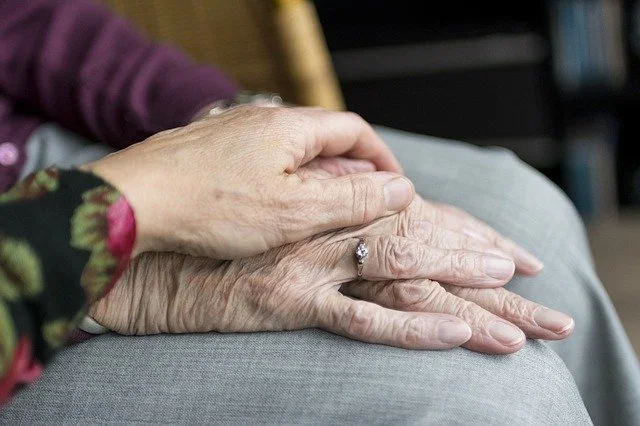
The NHS provides healthcare and treatment for people all over the UK, and the same goes for addiction treatment services.
Those who struggle with substance abuse in Guernsey can access rehab in council-provided facilities.
However, it must be noted that Guernsey’s NHS services are in high demand.
Those seeking help may experience delays or a more impersonal brand of care compared to the services provided at a private rehab.
How Long Does Rehab Last?

Drug and alcohol rehab in Guernsey tends to take around 28 days for individuals to complete.
It usually begins with a 7-day detox process during which individuals work to become sober, followed by several weeks of addiction therapy.
However, this is an estimate that can be impacted by a range of variables.
These include the severity of an individual’s addiction, the substance they are addicted to, and the suitability of the initial approach to treatment.
NHS VS Private Addiction Treatment

When beginning drug and alcohol rehab in Guernsey, individuals have a decision to make regarding whether to enrol in NHS-provided addiction treatment or that offered by private companies.
NHS Addiction Treatment

Treatment provided by the NHS has the immediate benefit of being widely available.
Not only does the lack of fees allow those of any background in Guernsey to access support, but treatment facilities are located all over the UK.
However, NHS services are always in high demand, meaning those seeking help can be put on a waiting list while the facility in question works through the patients already enrolled in their programmes.
In addition, these pressures (as well as staff and equipment shortages) can mean patients receive quite uniform treatment that does not cater to their personality and individual requirements as much as may be required.
Private Addiction Treatment
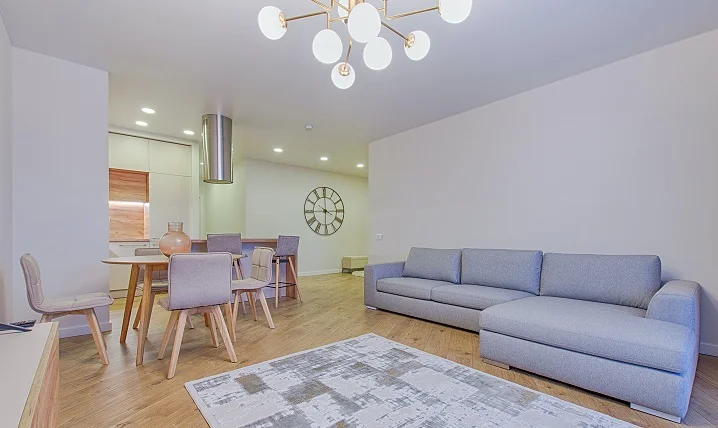
Private facilities in Guernsey often have an abundance of treatments to offer.
As well as treatments which complement their recoveries – such as holistic therapies, physical therapy and acupuncture – there are many recreational activities.
Staff employed by these facilities are also among the best in their fields.
Due to the high wages that they are able to offer, private facilities attract the best addiction specialists available, ensuring the best care for individuals as they go through drug and alcohol rehab in Guernsey.
Private addiction facilities, however, have to charge individuals a lot in order to fund this high level of quality.
Admission fees are often tens of thousands of pounds, far more than many are able to afford.
Inpatient Or Outpatient Treatment In Guernsey

Those seeking help will need to conduct some research in order to find the most appropriate form of support for them because drug and alcohol rehab in Guernsey is so diverse and adaptable.
Deciding between inpatient and outpatient care, for example, is important.
Inpatient Addiction Treatment
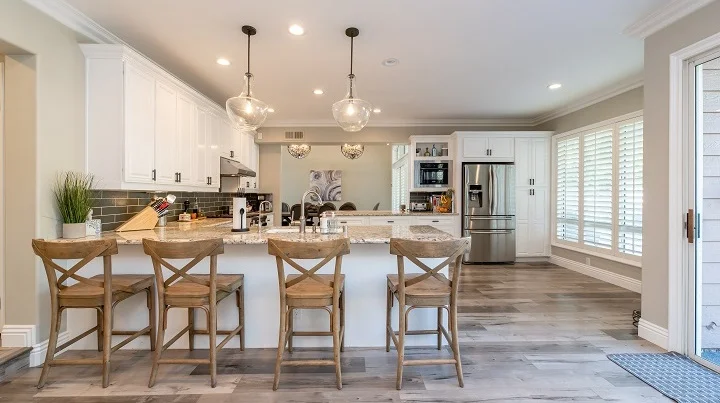
With inpatient treatment in Guernsey, individuals enter a facility and take up accommodation as they go through their addiction recovery.
They undergo detox under medical supervision and remain under the care of staff until therapy has been completed.
The primary advantage of inpatient care is that it keeps individuals safe while they go through treatment.
Additionally, the amount of allocated time and the level of frequency for treatment allows for thorough and consistent support.
On the other hand, inpatient care keeps individuals away from their family and friends, an effect which may worsen their mental health, make them feel isolated, and potentially frustrate them into not complying with treatment.
Outpatient Addiction Treatment

Conversely, outpatient care in Guernsey involves individuals meeting with an addiction specialist for treatment sessions and returning home between each one.
They are advised regarding their physical dependency and attend regular therapy sessions.
Flexibility is the main advantage of outpatient care as it allows individuals to receive help in a way that fits around their other commitments.
However, this flexibility also hinders the capacity of treatment to make effective change.
Outpatient care can advise and help with recently developed conditions, but the lack of continuous support prevents it from making a thorough, long-lasting impact.
Alcohol Detox & Rehab In Guernsey

Alcohol is an incredibly dangerous substance to become dependent on, largely due to the withdrawal symptoms that it sparks once an individual has become dependent on it and tries to quit their drinking.
These withdrawal symptoms are some of the most impactful and life-threatening of any form of addiction.
They include insomnia, cardiac problems, mood swings, uncontrollable shaking and Delirium Tremens (a condition that can cause sudden death).
In order to effectively help those who struggle, alcohol rehab in Guernsey provides a careful and attentive detox process.
While individuals wean themselves from alcohol and attempt to become sober, rehab provides expert supervision and care.
To specifically treat withdrawal, many rehabs in Guernsey offer Benzodiazepines – usually Librium – which dampen withdrawal symptoms and provide individuals relief in order for them to fight through their detox.
This usually takes around 10 days, then a further 3 weeks of therapy are utilised to work through an individual’s psychological and emotional motivations for drinking so much alcohol.
Relapse prevention techniques are also practised to help spot and handle triggers.
Rehab For Cocaine In Guernsey

Cocaine is a substance that does not result in a strong physical dependency when used consistently.
However, individuals are likely to develop a psychological dependency, believing themselves to require the drug in order to function.
To treat this, drug rehab in Guernsey provides individuals with a range of therapeutic activities designed to help them identify and work through their motivations for taking cocaine.
These sessions unravel psychological dependency, allowing individuals to live healthier lives.
CBT is one popular method of therapy.
This helps individuals recognise the thought processes that prompt cocaine use, understand what triggers these patterns, and challenge their influence on behaviour.
Rehab For Heroin In Guernsey
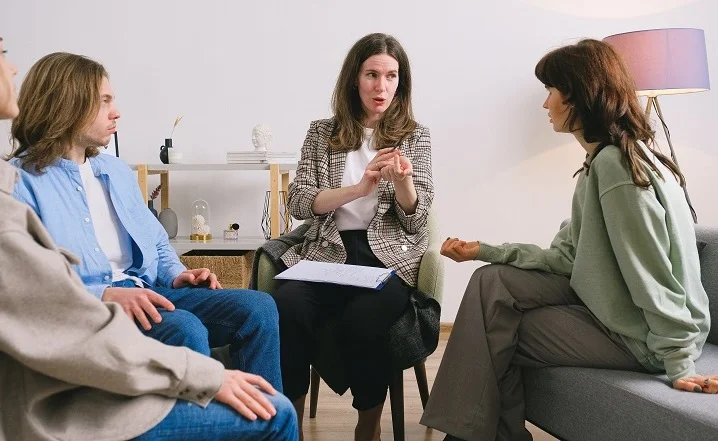
Heroin is an immensely impactful drug, impacting the body after sustained usage in a similar way to alcohol.
When abused, it triggers physical dependency whereby individuals struggle to break from their addictive behaviours due to their body’s inability to handle sobriety.
This kind of addiction usually results in withdrawal symptoms when an individual tries to get sober.
These can include insomnia, heart complications and mood swings.
Drug rehab in Guernsey looks to support those addicted to heroin with a careful detox process.
This involves individuals quitting their substance use by being supported through withdrawal dampening medications (Benzodiazepines) and expert supervision.
Following this, rehab provides therapy to help individuals identify their addictive triggers and combat them in order to maintain their sobriety.
Rehab for Cannabis in Guernsey

Cannabis is a substance that creates a ‘high’ when individuals consume it, and after consistent consumption can result in psychological dependency.
When this happens, the body is not the primary reason for their inability to quit their usage.
Drug rehab in Guernsey seeks to help those with this form of addiction.
It provides them with therapy which helps them understand and combat the emotional and behavioural habits which have caused them to develop the condition in the first place.
Dialectical Behavioural Therapy (DBT), for example, can help them talk through difficult emotions and recognise how these feelings prompt them to behave in unhealthy ways.
Types Of Therapies On Offer In Guernsey Rehabs

Cognitive Behavioural Therapy (CBT)
Negative thought processes are often at the heart of substance abuse problems.
Individuals can think themselves into a hole until taking drugs or alcohol seems like the best option.
With CBT, these patterns of thinking (as well as the people, situations and emotions that trigger them) are discussed so that individuals can recognise and combat them when they occur.
Dialectical Behavioural Therapy (DBT)
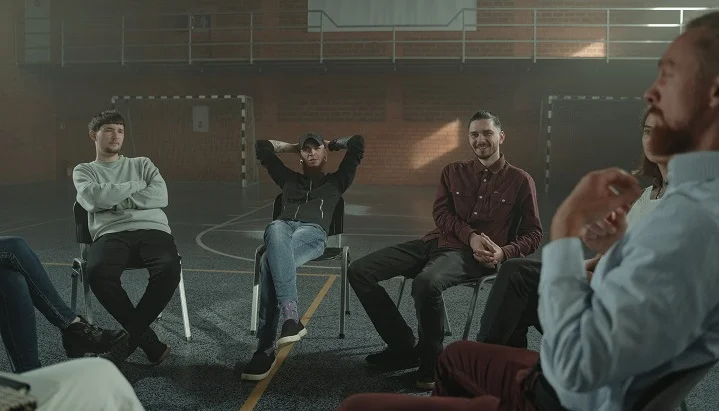
Difficult emotions can leave individuals thinking substance abuse is the only feasible way to cope, and so DBT is a method which focuses specifically on opening up about these feelings.
Through thorough discussions, this form of therapy helps individuals work through emotions that they find difficult to cope with and develop methods of safely handling them.
Brief Interventions

As the name suggests, this form of therapy in Guernsey comprises regular meetings between an individual and therapist whereby they discuss different aspects of their substance abuse condition.
Being flexible, these sessions can adjust to whatever an individual needs at a specific time, providing them with relevant advice and support regarding the most pressing obstacles in the current stage of their recovery journey.
Motivational Interviewing

An individual’s sense of purpose during drug and alcohol rehab in Guernsey is a huge factor in their odds of finishing treatment.
This form of therapy looks to focus on and draw out their specific motivations for getting better.
In doing this, individuals are able to remind themselves of their life goals and place these desires at the heart of their recovery efforts, giving them something to aim for when treatment takes its physical and psychological tolls.
Holistic Therapies
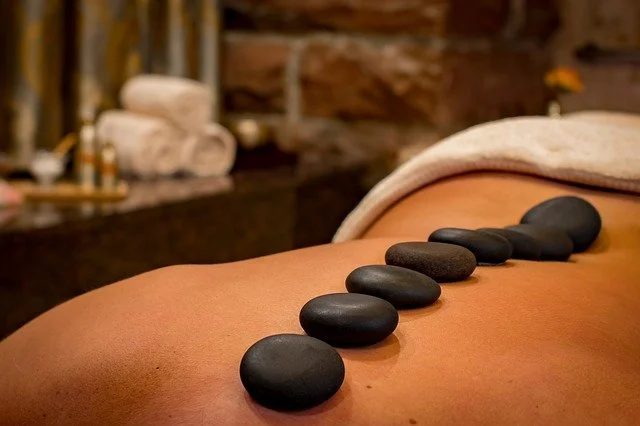
Therapies are becoming increasingly diverse, tackling addiction in ways that benefit overall health rather than substance abuse specifically in order to aid recovery.
Holistic therapies take various approaches to doing this, such as having individuals practice art, teaching them to play an instrument, or showing them the benefits of exercise and eating healthily.
Group Therapy

Speaking to therapists is good, but learning from the experience and guidance of others also going through drug and alcohol rehab in Guernsey can be invaluable.
Group therapy brings individuals together for this exact purpose.
Discussions between addicted individuals can be beneficial in many ways.
Those further along into recovery can show those just starting that things get better, and those who are new to rehab can show experienced individuals how far they have come.
Individual Therapy
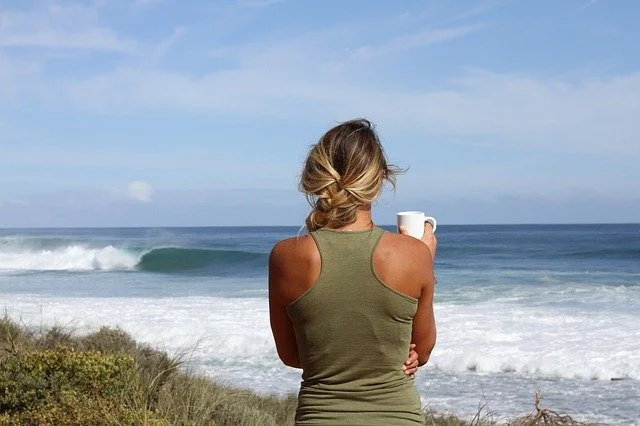
Meeting with a therapist on a one-to-one basis can enable individuals a space to open up and talk about their addiction in an intimate and supportive way.
Spending so much time together enables an individual and therapist to build a rapport, increasing the odds of advice and guidance being taken on board and acted upon.
Family Therapy

In some cases, the source of an individual’s unhealthy behaviour lies within the tensions, disagreements and fights that have taken place within their family dynamic.
As a result, Family Therapy in Guernsey looks to bring those individuals into the treatment environment.
In doing this, tensions and arguments can be sorted out and the likelihood of similar issues returning in future and sparking relapse can be lessened through the development of peacekeeping techniques.
Co-Dependency Treatment

An individual who relies on their close relationships for their sense of identity or self-worth is said to be co-dependent, and addiction can develop as a result of this.
For example, an individual may copy their drug-using partner in order to gain their validation.
To treat this, co-dependency therapy targets an individual’s unhealthy relationships and helps them develop safer boundaries and perceptions of their self-worth.
The notion of substance use as a means of attaining a better life is also challenged.
Twelve-Step Facilitation Therapy (TSF)

In TSF, individuals are supported through their difficulties with addiction and encouraged to open themselves up to the variety of help available to them through Guernsey’s wider recovery community.
Functioning on the principles that addiction is a condition which must be managed and one which cannot be overcome alone, TSF helps individuals get to a point where they themselves are able to offer help to those needing it.
The Importance Of Dual Diagnosis At Rehab
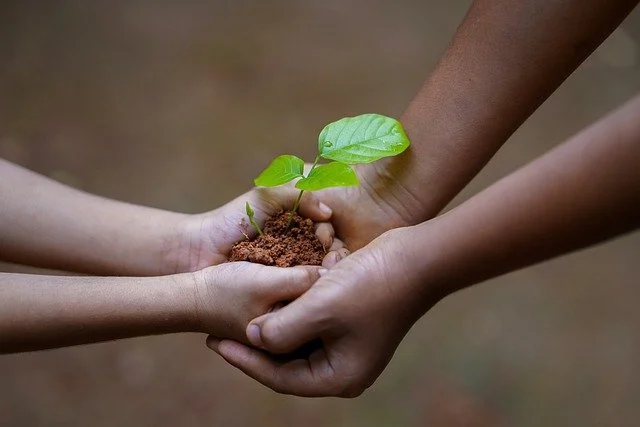
Drug and alcohol addiction very often results from an individual’s inability to manage their declining mental health and the negative symptoms that conditions like anxiety and depression provoke.
The ‘high’ that results from taking these substances provides temporary relief from such symptoms, and individuals can often see this as a viable means of keeping on top of things.
This, however, very often results in dependency and is known as dual diagnosis.
It is essential that the influence of a mental health condition is identified during rehab.
Dual diagnosis is pivotal if therapy is to target the true motivation underlying substance abuse and provide appropriate support.
How Rehabs Help With Relapse Prevention

Following detox and therapy, drug and alcohol rehab in Guernsey provides a final service that is pivotal for effective, long-lasting treatment.
That service is relapse prevention.
When an individual is physically and psychologically sober and ready to return to their everyday life, the risk of relapse is quite high.
This is because they are going to be subject to the same triggers and pressures that led to the development of their condition in the first place.
Techniques and strategies are therefore offered at this stage of rehab in Guernsey in order to reduce the chances of this happening.
One example is HALT, a technique which helps individuals consider whether they are hungry, angry, lonely or tired when they think they are having cravings.
Aftercare And Support Services Once Rehab Has Been Completed

Alcoholics Anonymous (AA) and Narcotics Anonymous (NA)
AA and NA are support groups in Guernsey that recovering individuals attend on a regular basis to discuss their progress and open up about some of their challenges.
Everyone is encouraged to contribute, and those who need help can get advice and guidance.
Each member is supported by a sponsor, an individual who follows their specific progress and helps keep them on track in terms of making progress and attending meetings consistently.
SMART Recovery

SMART is a meeting-based group which supports individuals via a four-point programme in order to make progress in their recovery.
Individuals are supported in staying motivated, managing their addictive behaviours, coping with emotions and thoughts and living a healthy, substance-free lifestyle.
Home detox

Relapse is very common, but those who succumb to triggers following rehab have the option of home detox in order to re-establish sobriety and physical independency from a substance.
This involves individuals quitting their usage with the assistance of Benzodiazepines (usually Librium) delivered to their home.
These medications dampen withdrawal, providing relief for individuals to detox safely and restore their sobriety.
Al-Anon Family Group Meetings

In situations where an individual’s substance abuse has impacted their family and friends, the period following rehab can be highly stressful and sensitive.
As a result, Al-Anon family group meetings can support those around an individual.
Families can learn from others, gain advice and guidance as to how best to cope with and support their loved one’s continuing recovery, and make bonds that they can rely on for help going forward.
Outpatient Treatment Via A Local Drug & Alcohol Team In Guernsey

For continued support and advice, individuals can access outpatient rehab facilities.
They can regularly meet with a therapist or medical specialist and discuss their physical and psychological progress.
While many will have made a decision as to whether to access outpatient or inpatient support before starting drug and alcohol rehab in Guernsey, many who picked residential can still utilise outpatient services as a source of help going forward.
Get Help Today

If you or your loved one are suffering from a drug or alcohol addiction in Guernsey, contact us today by dialling the number 44 330 333 6197.
Whether you want to enter a drug and alcohol rehab in Guernsey or you just have a few questions to ask about the process, we are here to guide you through the process of recovery.


